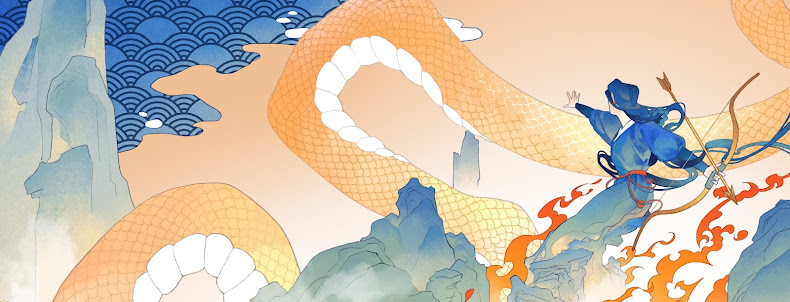When
I was about two-thirds through the book, I was getting so exasperated by Philip’s
(the protagonist) foolish, maudlin, almost masochistic kind of blind passion
for an undeserving woman named Mildred, that I was ready to give up reading
there and then. But then I pressed on, and I’m glad that I did.
Overall,
for a “bildungsroman” (coming-of-age story), I find “Of Human Bondage” tending a
bit much on the grim and dark side of life throughout with almost no relief
until the very end, when a silver lining finally appears. Also, I personally feel
that the novel is too drawn out and a rather slow read. So, for those who are
interested in reading the novel, I would advise them to exercise patience.
Now
let’s turn to the positive aspect of the novel. I quite like the way the author
inspires his readers to think deeply about the meaning of life, and I
personally am inclined towards his philosophical thinking which is expressed
through Philip’s inner thoughts as he progresses through life.
Philip’s
young life (from the time he is nine to the time when he turns thirty) can be
termed one big tragedy. Generally, it is filled with morose sadness (he is
orphaned from the age of nine) and misfortune (he was born with a clubfoot). At
various stages, he is plagued by morbid inhibition and failure (at socializing
in school and at work), excruciating heartbreak (over his wretched love relationship
with Mildred and betrayal by Griffiths), desolation (over the deaths of his
close friends), despair and destitution at one point, and desperate loneliness
due to his acute sensitivities and general distrust in people.
Yet,
despite all his sufferings and pain, Philip seldom fails to try to do the right
thing even if it means he would be all the worse for it, and would actually let
others take advantage of his generosity, kindness and good-naturedness. He is
even philosophical enough to urge himself to forgive Mildred and Griffiths,
because they “could not help themselves”. In fact, the whole human race “were
the helpless instruments of blind chance”.
His
poet friend Cronshaw once tells him that he must find out the meaning of
existence by himself and gives him a piece of old Persian rug as a present. This
sentence perhaps sums up the epiphany that Philip comes to discover: “He told
himself strenuously that he must accept with gaiety everything, dreariness and
excitement, pleasure and pain, because it added to the richness of the design.”
In
the end though, Philip also discovers that the simplest pattern is likewise the
most perfect. He realizes this when he decides to marry Sally instead of
sticking to his dream plan of travelling to all corners of the world in search
of beauty. Simple happiness that a man finds in work, marriage, family and children
is ultimately the perfect happiness. This is the silver lining!
Finally,
I would have to say that I liked “The Painted Veil” much better. I’m giving
this acclaimed masterpiece 3 out of 5 stars.

2 comments:
Glad I'm not the only one that didn't love this book. I liked it, and I think Maugham is a superb writer, but I'm not in love with the story. And yeah...just wanted to slap some sense into Philip. Great review.
My review: http://100greatestnovelsofalltimequest.blogspot.com/2015/06/of-human-bondage-by-w-somerset-maugham.html
Hi Joseph, thanks for taking time to comment. Glad we're of the same view on this book!
Post a Comment